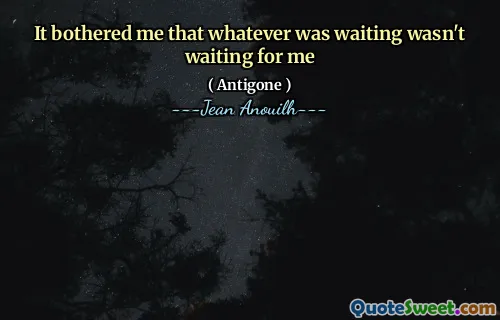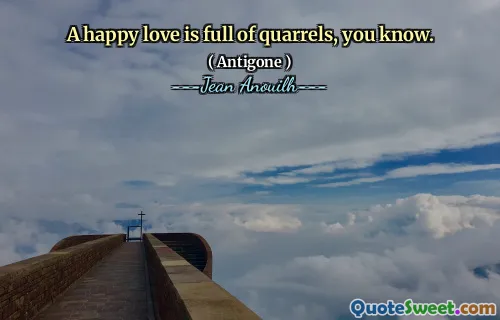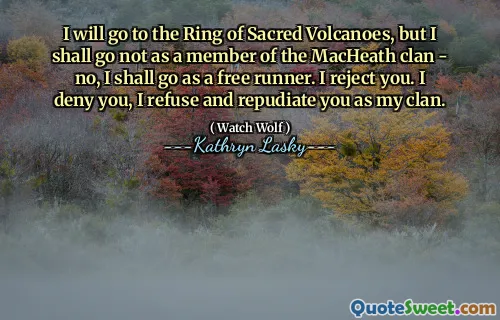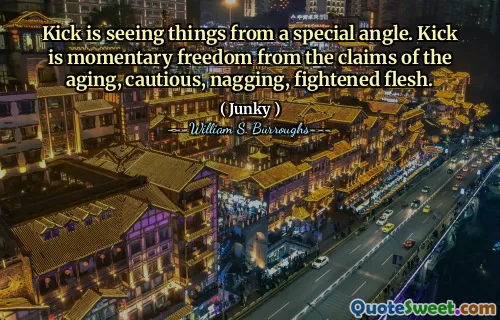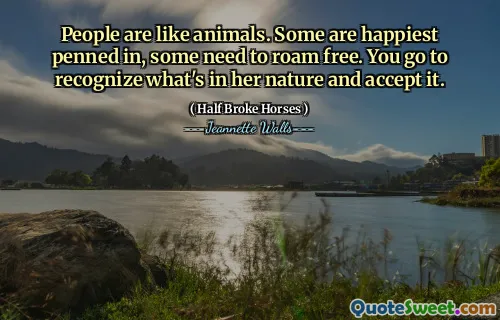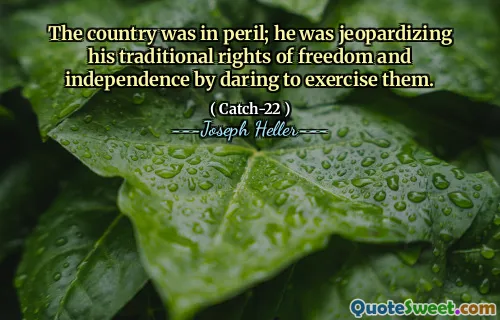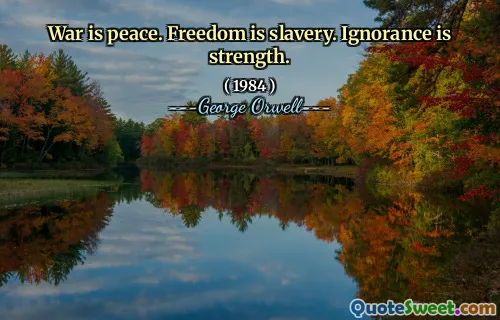
A city which belongs to just one man is no true city
This quote underscores the fundamental idea that a city, or any community, derives its true essence from collective participation and shared governance. When a city is controlled by a single individual, it ceases to function as a communal entity and instead becomes a tool for personal power. The strength of a city lies in its diversity, cooperation, and the engagement of its citizens. Exclusivity or monopolization by one person can undermine social harmony, stifle innovation, and erode the very qualities that make urban life vibrant and resilient.
In a genuine city, you find a tapestry of different backgrounds, ideas, and perspectives, all contributing to a dynamic environment. This diversity fosters progress, adaptation, and the exchange of ideas, which are vital for growth and sustainability. When authority is concentrated in a single person, decision-making may become self-centered and detached from the needs of the citizens, leading to inequality and unrest.
Furthermore, the idea encapsulated in the quote calls into question notions of true sovereignty and citizenship; a city belongs to its residents collectively, and its vitality depends on a shared sense of ownership and responsibility. Without this collective ownership, the city risks becoming a mere collection of land and buildings, rather than a living, breathing community.
This quote provokes reflection on the importance of democratic participation and the necessity of distributed power within urban settings. It reminds us that the health of a city depends on its citizens' engagement and that true cityhood is rooted in shared governance, inclusivity, and mutual respect, rather than in the dominance of a single individual.


